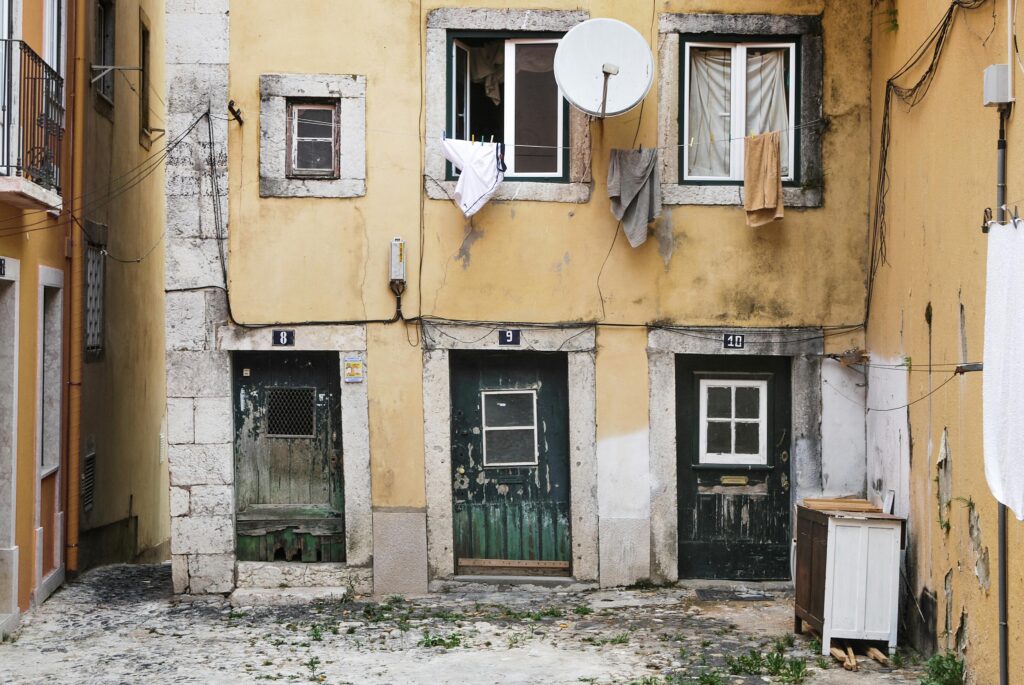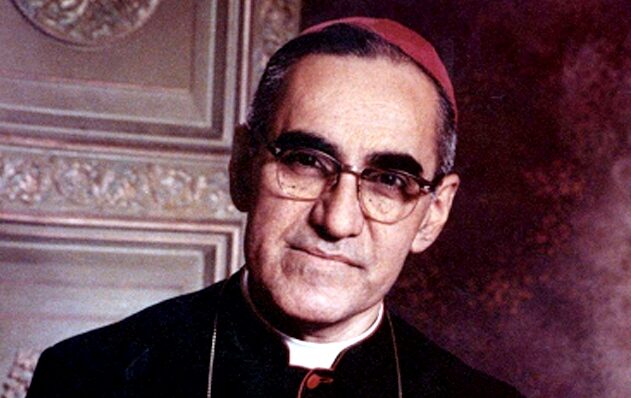Cardinal Arizmendi: Homogenization impoverishes
Let us learn to listen to and value those who are and think differently from our own

Cardinal Felipe Arizmendi, bishop emeritus of San Cristóbal de Las Casas and head of the Doctrine of Faith at the Mexican Episcopal Conference (CEM), offers readers of Exaudi his weekly article entitled “Homogenization Impoverishes.”
***
LOOK
To homogenize, in the cultural, social, political, and religious sense, is to want to impose a uniformity on everything that eliminates the different ways of being, thinking, and living; that one language is spoken and the cultural expressions of other people, especially indigenous and Afro-descendants, are eliminated; that everyone thinks the same, fights for the same causes and that legitimate differences are crushed or eliminated; that there is only one party, hegemonic and absolutist, that does not take into account the voices and rights of minorities, as if, at the voice of the leader, everyone had to submit to his wishes and preferences; that religious celebrations were identical everywhere, without taking into account the diverse cultural forms of expressing faith.
In our country, as in any other human instance, we are very different in all aspects: cultural, social, economic, political, religious, sports, etc. Trying to homogenize us would be harmful and would impoverish us. We are not mass-produced machines, but people with different histories, visions, thoughts and desires. Like our body: all its members are different, although some resemble each other. The right hand and the left hand resemble each other, but they are different; both need each other. Instead of fighting against each other, because one is left and the other right, they support each other, for example, to take the hoe, the shovel or the pick. With only one hand, whichever one it is, we do not advance. The same thing happens in society. A coalition that does not take into account others is weakened.
In politics, in the legislative chambers, in government, pretending to be and think alike, imposing a single vision of reality and a law, because the supreme leader wants it that way, without changing a comma, is impoverishing the country. They won the majority of votes, not of the electors. Out of a total of almost one hundred million voters, they obtained the Presidency with only 36 million; the opposition got 22, and abstentionism, 40 million. More than 60 million voters do not support them. Therefore, they do not represent, as they boast, the majority of the people, but only their supporters, who are not the majority. Listening to the different parties and social groups, even the opposition, to discover and assume their share of truth, is very enriching, and we all benefit. Minorities also think and have rights, which it would be unfair not to take into account. Believing ourselves to be the only ones and the most powerful is a process of self-destruction.
The same thing happens in religion. There are different ways of thinking and living the faith. Some are from Ecclesiastical Base Communities (CEBs), others from Catholic Renewal in the Holy Spirit, others from the Neocatechumenal Way, etc. Some of us are Catholic, others Protestant, Orthodox and from many other religions, but we are all brothers, and we must learn to respect each other, love each other and unite to work together, each one from his religious identity, for the Kingdom of God; that is, so that there is truth and life, holiness and grace, justice, love and peace. All united, not fighting against each other all the time, nor trying to destroy and disqualify those who follow different paths. There are many ways of living Catholicism, just as Jesus and John the Baptist are different, the apostles and the gospels are different, the popes are different, but all working for the glory of God and the dignified and full life of society.
DISCERN
Pope Francis, on his trip to Asia and Oceania, said in Indonesia: Harmony in respect for differences is achieved when each individual opinion takes into account the needs that are common and when each ethnic group and religious confession acts in a spirit of fraternity, pursuing the noble goal of serving the good of all. Being aware that one is participating in a shared history in which each person makes his or her own contribution, and where the solidarity of each person towards the whole is fundamental, helps to identify appropriate solutions, to avoid the polarization of differences and to transform confrontation into effective collaboration.
This wise and delicate balance between the multiplicity of cultures, the different ideological visions and the reasons that underpin unity must be continually defended against any imbalance. It is a craft, I repeat, a craft that corresponds to everyone, but in a special way to the task that politics carries out, when it proposes as its goal harmony, equity, respect for the fundamental rights of human beings, sustainable development, solidarity and the achievement of peace, both within society and in relations with other peoples and nations. And here lies the greatness of politics. A wise man once said that politics is the highest form of charity. This is wonderful.
In order to foster a peaceful and constructive harmony that guarantees peace and unifies efforts to overcome the imbalances and pockets of misery that still persist in some areas, prejudices can be eliminated and a climate of respect and mutual trust can be fostered, factors essential to facing common challenges, including that of countering extremism and intolerance, which try to impose themselves by means of deceit and violence. On the other hand, closeness, listening to the opinions of others, that creates the fraternity of a nation. And that is something very beautiful, very beautiful (4-IX-2024).
In Papua New Guinea: “When we decide to distance ourselves from God, from our brothers and sisters and from those who are different from us, then we lock ourselves in, we entrench ourselves in ourselves, and we end up revolving only around our own self, we become deaf to the Word of God and to the cry of our neighbor and, therefore, incapable of dialogue with God and with our neighbor” (8-IX-2024).
ACT
Let us learn to listen to and value those who are and think differently from us. Instead of insulting them and wanting to crush them, let us discover the good they have and contribute, to become an image of the Holy Trinity: three different persons, but one God, because God is love.
Related

Excessive Irritation
Francisco Bobadilla
24 March, 2025
3 min

The Dynamics of the Person in the Formation of Ethos
Observatorio de Bioética UCV
24 March, 2025
6 min

Saint Oscar Romero’s Legacy and the Call to Nonviolence in the Jubilee Year
Exaudi Staff
24 March, 2025
4 min

The Impact of Divorce on Children: A Faith-Based Perspective
Laetare
21 March, 2025
4 min
 (EN)
(EN)
 (ES)
(ES)
 (IT)
(IT)

